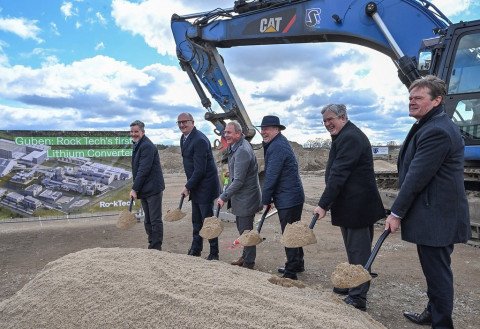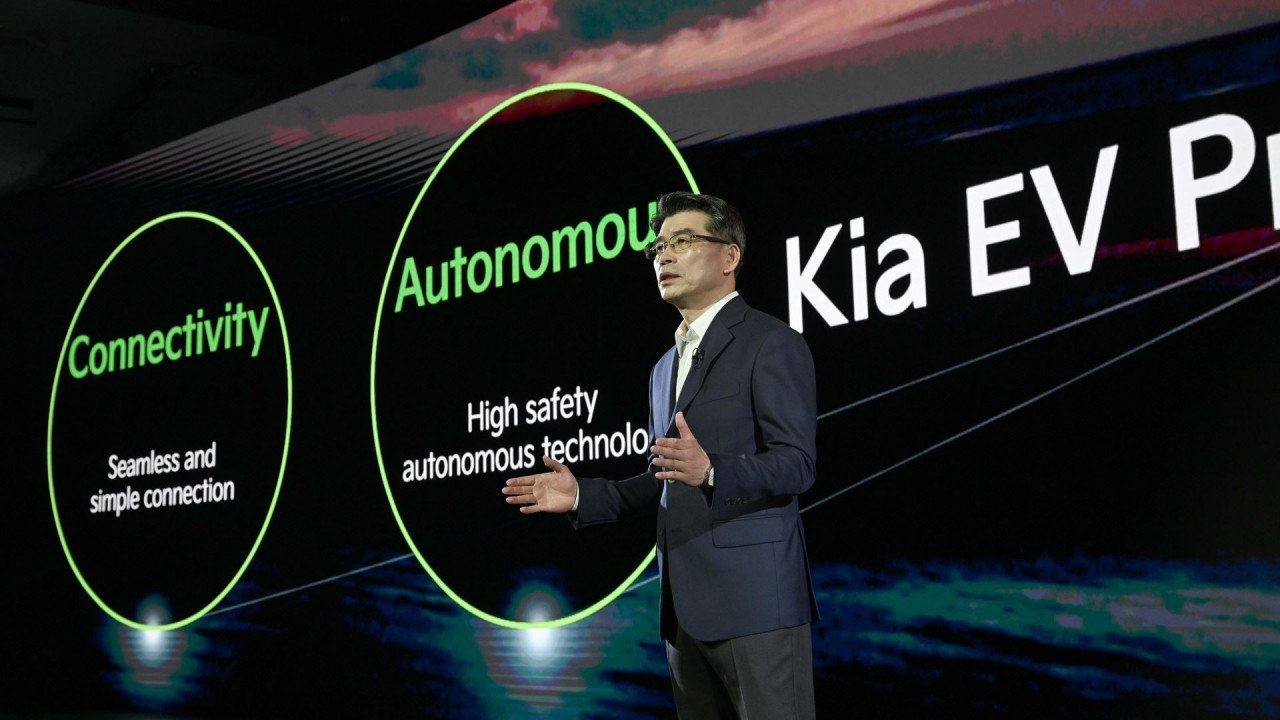South Korean automaker Kia Corporation revealed its updated electrification (EV) strategy at the Kia CEO Investor Day event held in Seoul recently. This includes further expansion of its electric vehicle product lineup to 15 models by 2027 and rapidly increase EV sales through fresh, step-by-step targets.
Starting with a target of 258,000 units of EV sales this year, the company has set a goal of selling 1,005,000 electric vehicles in 2026, and 1.6 million units in 2030, up by 400,000 units (33 percent) from its target of 1.2 million units announced during the CEO Investor Day last year.
"In 2021, Kia went through a full-scale transformation of its corporate name, logo, product and design, as well as corporate strategy. As a result, our brand value has improved significantly, helping us to win a number of 'Car of the Year' awards in key markets," said Kia President and CEO Ho Sung Song. "In order to become a Sustainable Mobility Solutions Provider, Kia needs to continue its efforts to strengthen Kia brand identity and establish an innovative and customer-centric business model."
'Accelerating EV strategy' remains to be one of Kia's 'four core goals' of its 2030 strategy. The company has revealed that operation of its first dedicated EV factory at Gwangmyeong in South Korea to commence next year. In order to respond to fast-growing EV markets around the globe, Kia aims to locally produce BEVs in US, Europe, China and India.
RELATED: Kia setting up a facility to make Electric Purpose-Built Vehicles in Korea
In Europe, the automaker plans to locally produce small and mid-sized EVs, as they are the key drivers of sales in the region. In the U.S., Kia also aims to produce key EV models locally, beginning 2024, in line with implementation of the Inflation Reduction Act (IRA).
Moving on, Kia in China plans to produce small and medium-sized EV models, including the recently unveiled EV5. India will also produce small EV models optimized for the local market and other emerging markets from 2025, according to the company's official presentation.
On the other hand, Korea will continue to serve as a global hub for research, development, and production of EV models. The aforementioned Gwangmyeong EV factory will maximize production capacity by introducing cutting-edge innovative technologies such as 3D virtual reality process; data-based integrated manufacturing platform; and unmanned and automated facilities. It will also achieve a reduction in carbon emissions through use of eco-friendly paint and energy saving technologies, Kia claims.

Mercedes-Benz to source Battery-grade Lithium Hydroxide from Rock Tech Lithium in Germany
Read More

